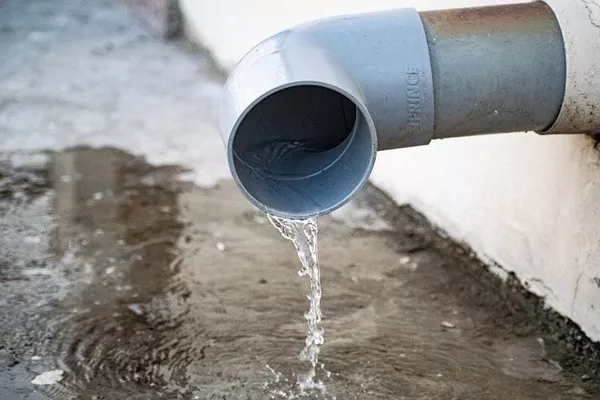The kitchen is often considered the heart of a home, where culinary masterpieces are crafted and memories are made. However, when an unpleasant odor emanates from the kitchen sink, it can quickly sour the atmosphere. Sewer gas smell in the kitchen sink is not only bothersome but also potentially hazardous. Understanding the underlying causes of this issue is crucial for effective mitigation and ensuring a healthy living environment.
Plumbing System Design and Ventilation:
A well-designed plumbing system is essential for proper drainage and odor control. Inadequate ventilation or incorrect installation of plumbing fixtures can lead to the accumulation of sewer gases in the kitchen sink. Plumbing traps, such as P-traps, are designed to prevent sewer gases from entering living spaces by trapping water in the bend of the pipe. However, if these traps are improperly installed or become dry due to infrequent use, sewer gas can escape into the kitchen.
Blockages and Clogs:
Blockages and clogs in the kitchen drain pipes are common culprits behind sewer gas smell. Food scraps, grease, and other debris can accumulate over time, restricting the flow of water and allowing organic matter to decompose, producing foul odors. Additionally, mineral deposits and sediment buildup can exacerbate clogging issues, leading to stagnant water and unpleasant smells in the sink.
Decomposing Organic Matter:
Organic matter trapped in the drain or garbage disposal can decompose over time, releasing hydrogen sulfide and other noxious gases. Food particles, grease, and soap scum can accumulate in the pipes, providing an ideal environment for bacterial growth and decomposition. Regular cleaning and maintenance of the kitchen sink can help prevent the buildup of organic matter and mitigate foul odors.
Leaks and Cracks:
Leaks or cracks in the plumbing system can allow sewer gases to infiltrate the kitchen sink area. Damaged seals, loose connections, or corroded pipes can compromise the integrity of the plumbing system, creating pathways for gas escape. Inspecting the plumbing fixtures and addressing any leaks or damages promptly can prevent sewer gas odor issues and maintain the overall safety of the kitchen environment.
Sewer Line Problems:
Issues with the main sewer line can also contribute to sewer gas smell in the kitchen sink. Blockages, tree root intrusion, or damaged sewer lines can cause sewage backup, resulting in foul odors emanating from the drains. It’s essential to address sewer line problems promptly through professional inspection and repair to prevent further damage and ensure the proper functioning of the plumbing system.
Lack of Maintenance:
Regular maintenance is key to preventing sewer gas smell in the kitchen sink. Neglecting routine cleaning and upkeep of the plumbing fixtures can lead to a buildup of debris, grease, and other organic matter, exacerbating odor problems. Simple maintenance tasks such as flushing the drains with hot water, using enzyme-based drain cleaners, and periodically inspecting the plumbing system can help keep sewer gas smells at bay.
Environmental Factors:
Environmental factors such as temperature fluctuations and atmospheric pressure changes can also impact sewer gas odor in the kitchen sink. During hot weather, increased temperatures can accelerate the decomposition of organic matter in the drain pipes, intensifying odor issues. Similarly, changes in atmospheric pressure can affect the flow of sewer gases, leading to fluctuations in odor intensity. While environmental factors may be beyond control, implementing proper maintenance practices can help mitigate their effects on sewer gas odor.
Improper Installation of Garbage Disposal:
Garbage disposals are convenient kitchen appliances for disposing of food waste, but improper installation can contribute to sewer gas smell issues. If the garbage disposal is not adequately connected to the plumbing system or lacks a proper trap, sewer gases can escape into the kitchen sink. Ensuring that the garbage disposal is installed correctly and maintained regularly can prevent odor problems and prolong its lifespan.
See Also The Comprehensive Guide to Advanced Wastewater Treatment
Conclusion:
Sewer gas smell in the kitchen sink can stem from various underlying causes, ranging from plumbing system design flaws to environmental factors. By understanding these factors and implementing appropriate measures, homeowners can effectively mitigate sewer gas odor issues and maintain a clean and healthy kitchen environment. Regular maintenance, proper installation of plumbing fixtures, and prompt attention to any leaks or damages are crucial steps in preventing sewer gas smell and ensuring the smooth functioning of the kitchen plumbing system.

